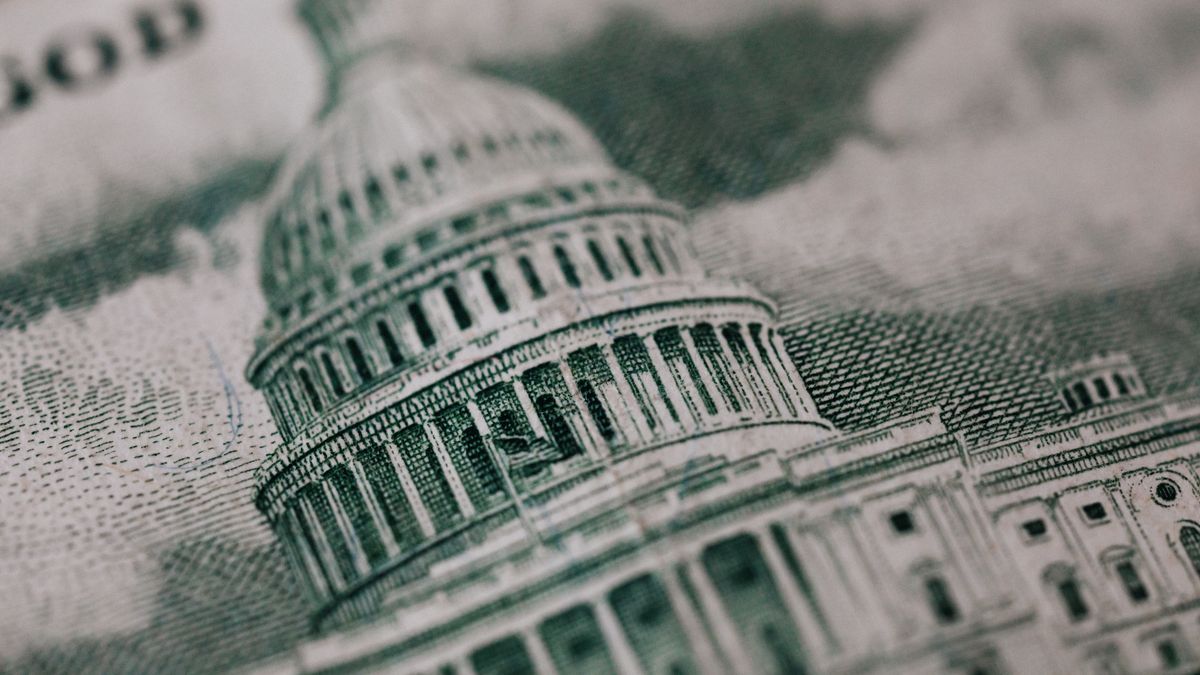The US currency has reached maximums since 1998 against the yen and 1985 against the pound, without neglecting the euro, which has extended its 20-year lows below parity. Experts indicate that it is necessary to prepare for the fourth great bull run of the ‘green ticket’ since the 70s.
The background is not good. As AJ Bell points out, “appetite for the dollar is usually a sign of greater risk aversion and future problems.” Periods of great dollar strength in the past have caused chaos in emerging markets, but also weakness in developed market equities and commodity prices.
Emerging markets
When the dollar gains momentum, the hardest hit are often emerging countries, whose stock markets tend to fall when the dollar bounces and gain when it falls.
For example, the strength of the dollar preceded the Mexican debt crisis of 1982 and the so-called “tequila crisis” of 1994, also in Mexico, as well as the Asian and Russian debt and currency crashes of 1997-98, which also heralded a period of profound underperformance of emerging market equities relative to global arenas. developed.
“The more the dollar rises, the more difficult it is for many emerging countries to finance their imports and pay interest on their debts in dollars, which affects growth and undermines investors’ confidence in assets listed in their local currencies,” they explain. from AJ Bell.
Raw Materials
On the other hand, raw Materialsthe main source of dollars for Argentina, tend to have a better performance when the dollar in the world is weakest.
“This is because most commodities, except cocoa, are priced in dollars, so if the dollar goes up, the product becomes more expensive to buy in local currency terms, which can dampen demand. ”, clarify the experts of the British manager.
The exception was 2021, due to the fact that international prices, especially food prices, had strong increases due to the Covid-19 pandemic. In this case, inflation can be an ally of Argentina, although it is also a double-edged sword for the local context.
risk appetite
The The strength of the dollar also leads capital to prefer safe options and move away from risk. That is why they turn their investments towards developed countries and abandon the emerging ones.
“Also keep in mind that world stocks ended up losing in 2000 after sustained dollar gains, prospered on greenback weakness from 2002 to 2007, and then plunged again when the dollar briefly soared in 2007- 09 and the real problems came in the form of the Great Financial Crisis”, they specify from AJ Bell.
In the opinion of the experts, it remains to be seen if central bankers, economists and politicians are alarmed by the strength of the dollar (if it continues), “since the weakness of the national currency means that imports are more expensive And that can fuel inflation even though exports may get a boost.”
Source: Ambito
David William is a talented author who has made a name for himself in the world of writing. He is a professional author who writes on a wide range of topics, from general interest to opinion news. David is currently working as a writer at 24 hours worlds where he brings his unique perspective and in-depth research to his articles, making them both informative and engaging.




